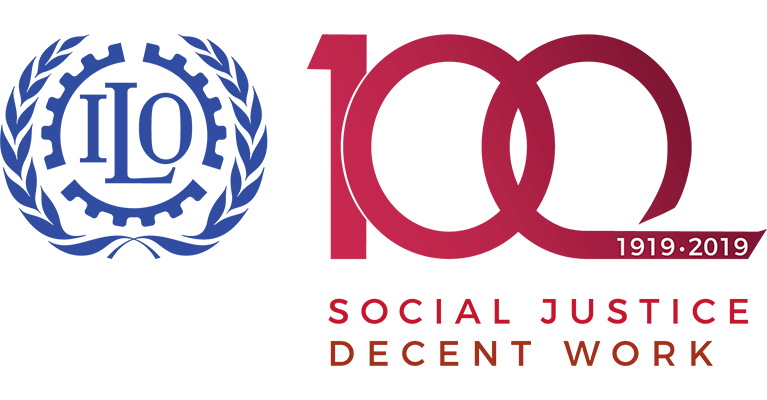Time to stop platforms from charging recruitment fees to workers
By Valerio De Stefano & Mathias Wouters Should digital platforms be allowed to charge fees to workers to work? If ordinary rules were clearly applied to platform work, the answer would be a resounding “No”. Workers should, in theory, never be charged to get work. This norm stems directly from the principle that “labour is…




